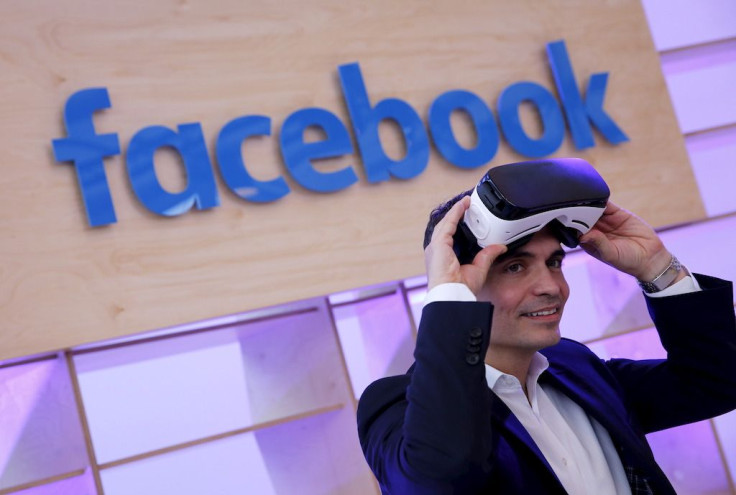Facebook To Launch Its Social VR Experience 'Soon'

Facebook has been working on a social virtual reality experience ever since it acquired Oculus back in 2014. The social media company now says that it is planning to launch the new experience soon as virtual reality is slowly penetrating into the mainstream.
Earlier this month, Facebook held its annual Oculus Connect developer conference. The company showed off the updated prototype of its social VR experience adding new avatars, videospheres and the ability to make video calls through Messenger. The original iteration of the experience was first shown back in April during the company's F8 conference.
Facebook Social VR product manager Mike Booth said that they are planning to launch the service “as soon as possible” so that it can get it out fast and start receiving feedback from users, according to RoadToVR. When asked if it will launch in 2016, Booth declined to confirm a release date only stating that it will be out “when it’s done.”
During the conference, Booth said that Facebook’s social VR team experimented with virtual reality games. That was scrapped in favor of delivering an experience focused on sharing and social interaction. The company’s goal is to be the first social media platform that can be experienced in VR being way ahead of its major competitors.
There’s already a rumor that Facebook is planning to bring a virtual reality version of Instagram, according to Android Headlines. This may possibly be Facebook’s way of integrating photosphere (360-degree photos) into Instagram to further expand the platform’s photo and video format.
Just last week, Facebook appointed Rachel Rubin Franklin to be the new head of the Social VR team, according to TechCrunch. Franklin was Electronic Arts’ vice president and general manager for the game “The Sims 4.” Her job as head of the Social VR team is to make sure that the new experiences are as intuitive and immersive as possible.
Oculus also announced earlier this month that it’s working on a new standalone VR headset that would bridge the gap between the high-end Rift headset and the Samsung Gear VR. The new device is currently in the prototype phase but Oculus did confirm that it will be completely wireless and won’t need a computer or smartphone to work.
© Copyright IBTimes 2025. All rights reserved.



















